The aquatic weed salvinia has come to be regarded in recent years as one of the world’s worst weeds perhaps the worst if we go by the Guiness Book of World Records – colonising large tracts of water in several countries across the world and harming precious water resources in terms of quality as well as quantity. In some Indian states, notably Kerala and Kashmir, this weed has been engaged in a veritable tug of war with another noxious aquatic weed water hyacinth and now there are reports of a major onslaught of salvinia in Goa. The weed has also been seen in Tamil Nadu and Andhra Pradesh which, given the recent history of the weed, should give us cause for great concern. In the past, attempts to control or destroy salvinia by chemical or biological means have either been unsuccessful or have caused environmental backlashes, proving the cure to be worst than the disease. Prof. Abbasi and Dr. Nipaney have spent over a decade studying the ecology and control of salvinia. They have also conducted the first-ever systematic studies on the productivity of the weed and have extensively explored, perhaps more than any other team in the world, ways and means of utilising the weed with a view to control it in an environmentally compatiable manner. This book embodies the essence of their work.
ABOUT THE AUTHOR S.A. Abbasi
Dr. S.A. Abbasi, senior Professor & Director, Centre for Pollution Control & Energy Technology has taken MS (Miami, USA), Ph. D. (IIT Bombay) and DSc Cochin University of Science & Technology) and had his post doctoral training at Japan specializing in environmental engineering and energy systems. Beginning his professional career in 1970, Prof. Abbasi has taught at IIT Bombay, BITS Pilani, and Bhopal University before joining Centre for Water Resources, kozhikode. There he headed Water Quality & Environment Division for eight years (1979-87). In 1984 he was honoured with Visiting Professorship of California State University, USA and held that position till 1987. In 1987 Prof. Abbasi moved to a professorial chair at Pondicherry (Central) University becoming Director, Centre for Pollution Control & Energy Technology, in 1991 and Director-cum-senior Professor in 1997; a position in which he continues till now. He is consultant, International Foundation for Water Science & Technology, Abu Dhabi, Saudi Environmental Works. Al-Khobar; and Member of Honorary Advisory Board, Encyclopedia of Life Support Systems, being published for UK. Prof. Abbasi has been chairman/member of numerous national and international expert committees and has been session chairman of international conferences at USA, Europe, Asia and Africa on several occasions. He is Member; Editorial Board. International Journal of Energy-Environment-Economics published from USA., Journal of Industrial Population Control (India), Pollution Research (India), Journal of Environment, Ecology& Conservation, Chemical and Environmental Research, and Journal Mendale. He is on the panel of referees of Environmental Pollution (USA/UK), Indian Journal of Chemical Technology, Current Science etc., and has been called upon to vet R&D projects by DST, MOEn, DBT, CSIR, DOE, and others. In 1995 Prof Abasi was conferred national Hydrology Award instituted by Ministry of Water Resources, Government of India. He was awarded $ 2000 IDA Prize by International Desalination Association based in USA, 1996. In 1998 Prof Abbasi was honoured with a Gold Metal at the International Energy Conference ENERGEX ’98; and was conferred S.K. Mitra Memorial Award by Indian Institute of Chemical Engineers, Calcutta. Recently he has been given the Goldstar Award and has been declared as the “2000 most important people of the current millennium†by International Biographical Institute, Cambridge.


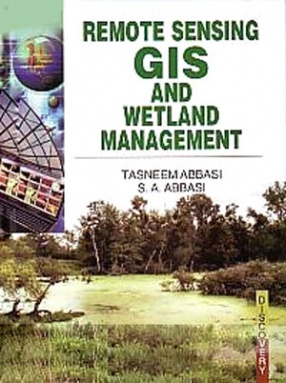
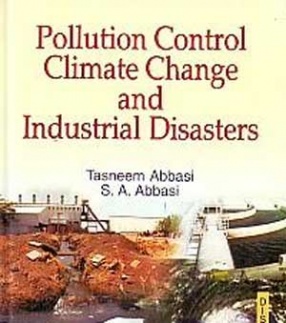
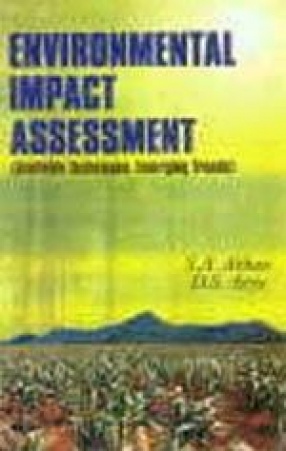
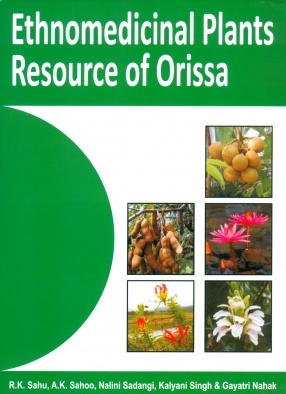

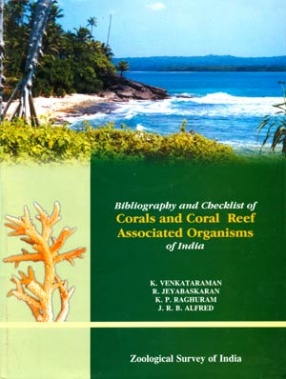
There are no reviews yet.